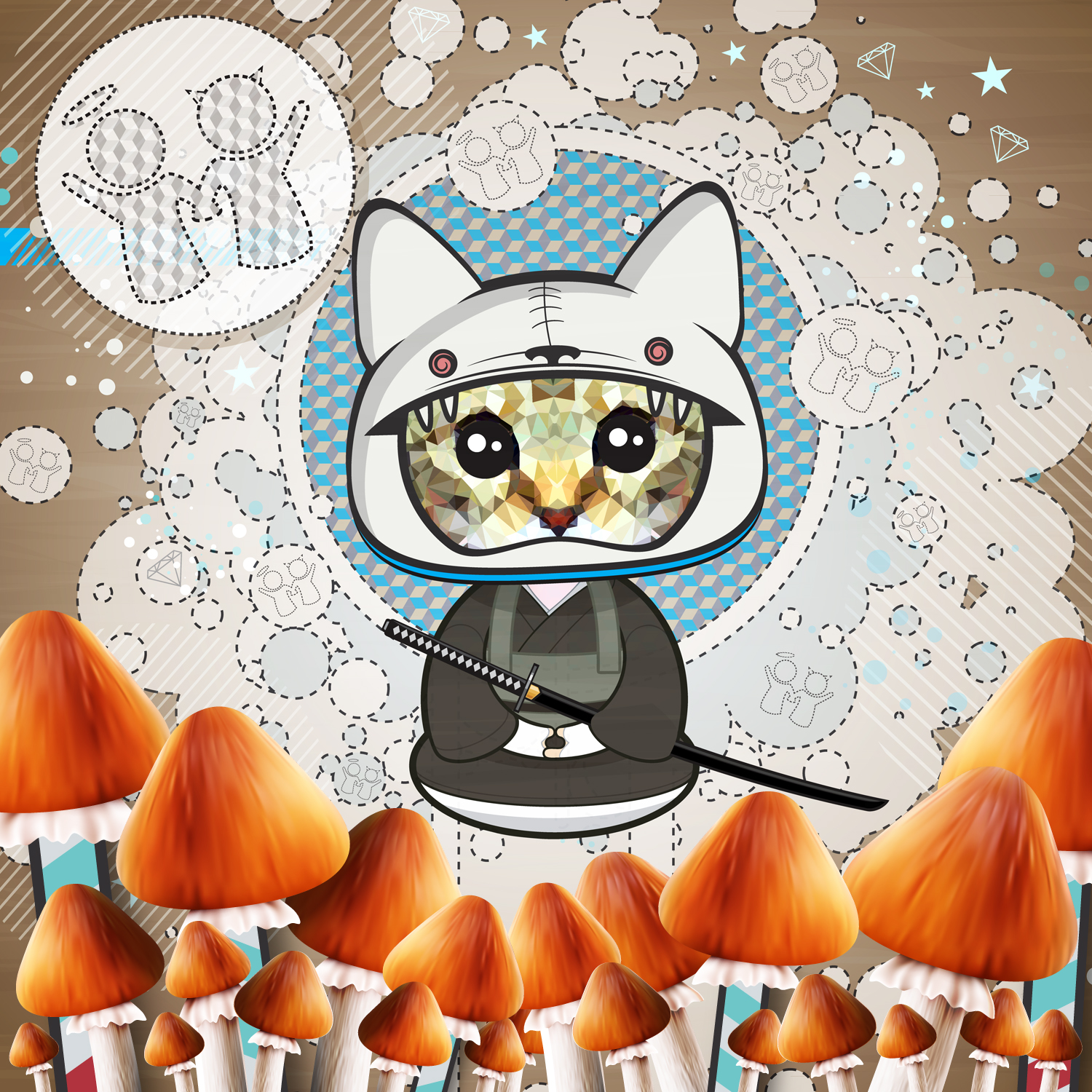In the face of advocates pleading for the legalization of MDMA and claiming that it is safe, Prime Minister John Key of New Zealand remains adamant against such notion. However, many professionals have stepped out to speak about the possible benefits the legalization or the classification change of ecstasy can have for society overall.
The biggest claims that speak highly of ecstasy come from clinical toxicologist Paul Quigley who told Fairfax Media that MDMA in its purest form can be safer than most intoxicants saying that alcohol pales in comparison and is widely legal around the world. He also said that changing MDMA’s current classification would do serious damage to the black market.
These points have been combatted by Prime Minister Key saying,
“Anything I’ve seen in relation to this drug has been deeply negative, so I can’t see why it would be,”
However, experts in the field of crime and medicine would side with Dr. Quigley. Associate Professor Julian Buchanan at the Institute of Criminology in Victoria University says that just because drugs are contraband, it doesn’t mean the world isn’t taking them. He says,
“We regulate and market peanuts, but they pose a life threatening risk to some people. We celebrate with the most dangerous of all substances – alcohol. Clean, regulated MDMA at the right dosage poses relatively low risk. Research by Professor David Nutt suggests MDMA is much less harmful than alcohol and tobacco.”
Medical anthropologist Dr. Geoff Nuller points out that Dr. Quigley’s claims should not be ignored. He says,
“Given MDMA’s long history of use and the large body of evidence supporting its low level of harm, one might hope that as Dr Quigley suggests, New Zealand’s ground-breaking Psychoactive Substances Act legislation could be used to facilitate its availability, under appropriate guidelines and regulations. This would also open the way to MDMA’s therapeutic use, yet another casualty of the failed war on drugs.”
Even with plenty of voices in favor of seeing MDMA legalized and regulated, Dr. Quigley says that society will have to overcome “political and moral barriers,” and that may be what holds the world back from seeing these ideas to fruition. Although we live in a time where people regularly indulge with illegal substances, the benefits of making safer drugs for the masses may have to wait for a very long time.









